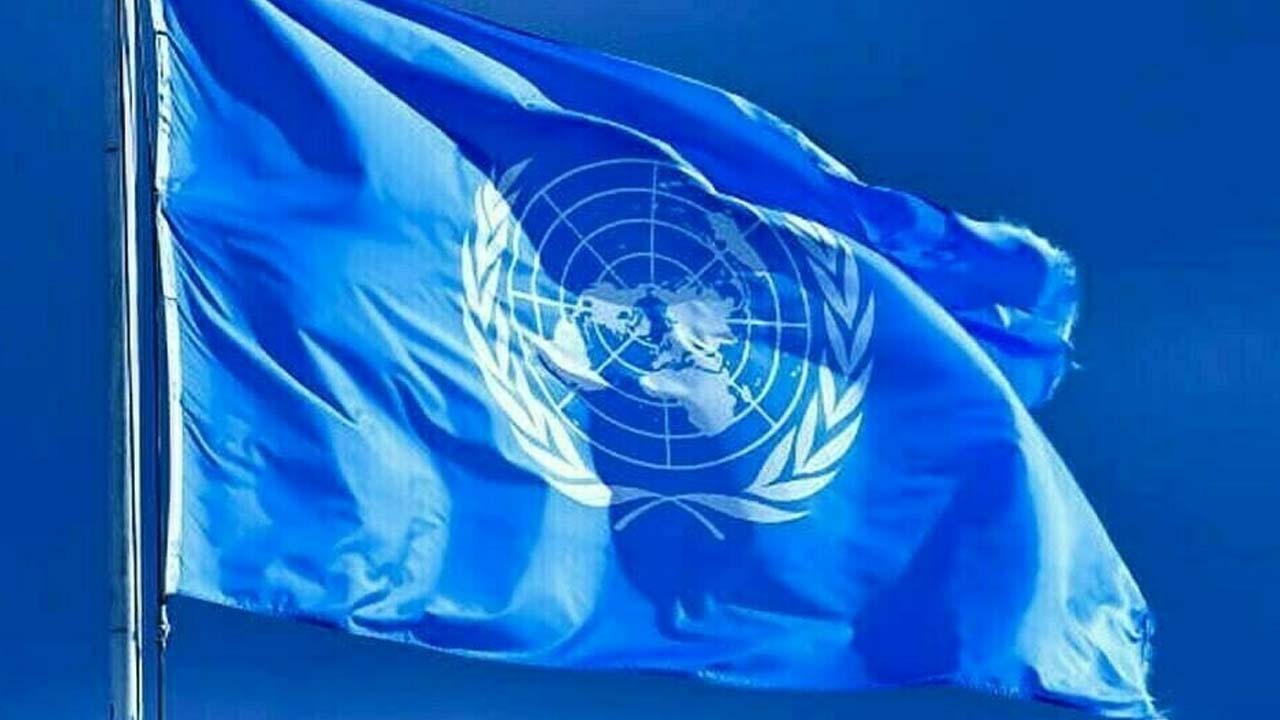
GENEVA: The United Nations announced that since launching its #IBelong campaign in 2014 to combat statelessness, over 565,900 individuals have successfully acquired citizenship. This initiative, aimed at mobilizing global action, addresses the significant human rights violation of statelessness, which leaves people politically and economically marginalized, unable to access essential services, and vulnerable to exploitation.
As of last year, the UNHCR reported 4.4 million stateless individuals, though this number likely underestimates the true figure, as it only covers about half of the world's countries. UNHCR chief Filippo Grandi emphasized the campaign's goal to bring visibility to those living without nationality and asserted that while notable progress has been made, more work is necessary.
Significant advancements include improvements in rights for stateless individuals in 20 countries, with 13 nations enacting laws to prevent childhood statelessness. Countries like Turkmenistan, Portugal, North Macedonia, and Kyrgyzstan have made particular strides, with Kyrgyzstan resolving all known cases of statelessness. Additionally, 77 countries have joined the UN Statelessness Conventions, and 22 nations have implemented national action plans to combat this issue.
Despite these achievements, challenges remain, as many individuals still exist "on paper" due to discrimination and legal flaws. Ruven Menikdiwela, UNHCR’s assistant high commissioner for protection, highlighted the need for continued efforts to address this crisis. The #IBelong campaign will wrap up with a significant meeting on statelessness, set to take place during the UNHCR's executive committee gathering in Geneva.












